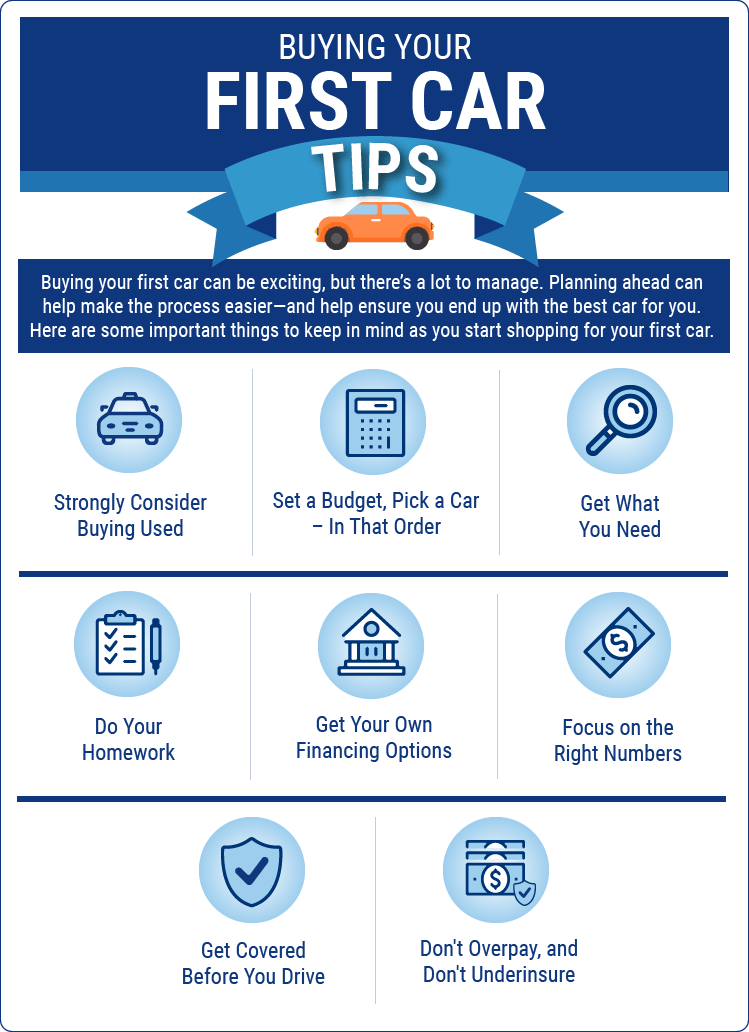Shop At Haya: Your Ultimate Shopping Guide
Discover the best shopping tips, trends, and deals for a smarter buying experience.
Confessions of a Car Whisperer: Secrets to Avoid Buyer’s Remorse
Unlock the secrets to car buying bliss! Discover insider tips to avoid buyer's remorse and drive away happy.
Top 5 Signs You're About to Regret Your Car Purchase
Purchasing a car is a significant financial commitment, and it's essential to recognize the signs that may indicate you're heading towards buyer's remorse. One of the top signs is feeling overwhelmed by the options available. If you find yourself constantly second-guessing your choice or wishing you had considered different models, it could mean you're not entirely convinced about your decision. Additionally, if the dealership pressure feels intense or the salesperson is pushing you towards a sale, this can be a red flag. Buying a car should be a well-considered process, and feeling rushed can lead to regret down the line.
Another critical sign is if you are questioning the financial implications of your purchase. If the monthly payments seem unmanageable or you suddenly feel trapped by the financing terms, these feelings can indicate trouble ahead. Furthermore, if you notice a lack of excitement for the vehicle after the purchase or find that you’re not using it as much as anticipated, it’s worth reflecting on your priorities and needs. Ultimately, recognizing these top signs can help you avoid a decision you may later regret, allowing for a more satisfying car buying experience.

How to Identify a Lemon Before You Buy: A Car Whisperer's Guide
Buying a used car can be a daunting experience, especially when you're trying to avoid a 'lemon'—a vehicle that's fraught with problems. To start, it's crucial to conduct thorough research before you even step foot on a dealership lot. Identify a lemon by performing a detailed background check using the car’s Vehicle Identification Number (VIN) to access its history report. Look for any past accidents, service records, and title issues. Additionally, pay close attention to consumer reviews and complaints related to the specific make and model you're considering. Knowledge is power in this scenario, and arming yourself with information can save you from costly mistakes.
Once you've done your homework, it’s time to conduct a comprehensive inspection of the vehicle. Examine the lemon for any signs of rust, uneven tire wear, or mismatched paint, which could indicate past damage. Don't hesitate to take a trusted mechanic along for a pre-purchase inspection, as they can spot hidden issues you might miss. While test-driving the car, be on the lookout for unusual noises, vibrations, or dashboard warning lights. Remember, a good seller will be transparent and should encourage you to take your time assessing the vehicle—after all, you're making an investment!
The Art of Negotiating: Avoiding Buyer’s Remorse Like a Pro
The art of negotiating is a vital skill that can help you avoid buyer’s remorse and make informed decisions. Effective negotiation goes beyond simply haggling over price; it involves understanding your own needs as well as the other party's desires. Start by researching the product or service thoroughly and setting a clear budget. Ask questions and listen actively to the seller’s responses to gauge their flexibility. This not only empowers you during the negotiation process but also helps establish rapport, laying a foundation for a more favorable outcome.
During negotiations, body language plays a crucial role in communication. Make sure to maintain eye contact and use open gestures to convey confidence. If you feel pressured or rushed, don’t hesitate to pause and take a step back; this can help you regain composure and reassess your position. Once you've struck a deal, always take the time to review the terms before finalizing the purchase. This proactive approach minimizes the chances of experiencing buyer's remorse and ensures that you walk away satisfied with your decision.